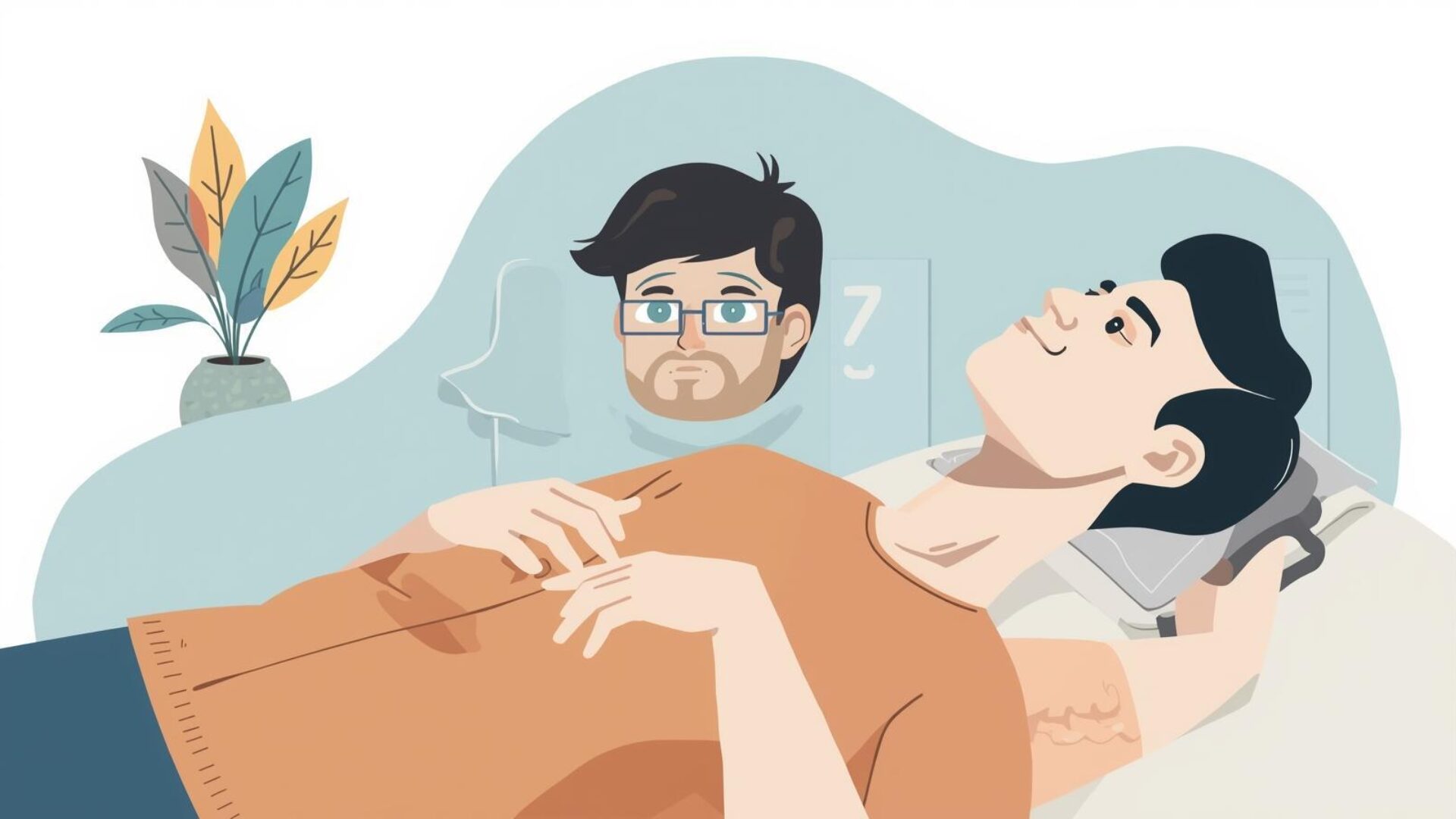Life in Britain is expensive. A night out with friends, a takeaway, or the latest gym gear can all cost more than £50 (seemingly twice as much as a decade ago). With belts tightening across the country and inflation ramping up, finding money to invest in your mental health can be hard. Even if we are feeling relatively flush, spending money on therapy can trigger guilt or discomfort, as if caring for our minds is an indulgence rather than essential maintenance.
For many of us, therapy can sit in the ‘maybe one day’ category: something for a crisis rather than a Tuesday. Facing up to our problems — or trying to be the best version of ourselves — can make us feel uncomfortable. Furthermore, the payoff from therapy doesn’t always appear to be immediate when we’re in the deliberation stage. Buying that new record player or tickets for an away day can seem more likely to provide the short-term buzz we feel we need.
The hesitation is understandable. In a world where the NHS exists, paying privately for help can feel like a luxury. But the truth is, for most men who want to start therapy now, the choice isn’t between “free” and “paid.” It’s between waiting months and starting tomorrow.
How Much Does Therapy Cost Compared To Other Expenses?
When viewed in the context of our broader spending habits, however, the price of therapy can seem a lot more palatable. According to the British Association for Counselling and Psychotherapy (BACP), private therapy in the UK typically costs £50–70 per session (London averages are higher than this).
This is no small outlay in an economy like this one. That said, many of us already spend:
- £40-50 a month on gym memberships.
- £30-40 a month on streaming subscriptions.
- As much as £730 a year on daily coffees from our favourite shop.
The numbers tell their own story: therapy is not some wild extravagance, it just feels like that because we haven’t normalised budgeting for our inner lives.
Avoidance comes with its own cost; sleepless nights, strained relationships, and the slow erosion of motivation and joy. One in four adults in England experiences a mental health challenge each year according to leading mental health charity Mind, and men unfortunately remain three times as likely to die by suicide as women (ONS, 2024). Behind those statistics is a grim and simple reality — too many men are struggling with mental health issues.
Is Paying For Therapy Worth It?
If you think you need therapy and have the money, you could try reframing it as an investment rather than a purchase. It could be one that repays itself with clarity, connection, and energy.
One good way of thinking about it could be like your car when it starts making a noise. You don’t wait for it to break down before booking an MOT, you act early because maintenance can save you money and stress in the long run. Therapy works in the same way.
From a purely financial standpoint, the maths can even make sense. One weekly £60 session across three months equals about £720 — roughly what many spend on a new phone upgrade. Yet the return is internal: better focus, calmer reactions, stronger relationships, and compounds just like any smart investment.
Psychotherapists often talk about “the cost of avoidance.” Delaying therapy can mean years spent repeating the same patterns — the same arguments, the same emptiness on Sunday evenings — because nothing changes until it’s spoken. Investing now can prevent the larger emotional bill later.
Finding Help
No one would ever begrudge anyone who can’t afford private therapy. Every person’s financial position is different, and there are public routes if you need them. The NHS offers free talking therapies, even if they can take a while to come through and make an impact.
But if you do have the means, and you’ve been thinking about therapy for a while, why not give it a go. At Men’s Counselling Service, we know that affordability is important. That is why we make it simple to find fully qualified, male-focused therapists across the UK, and you can use our directory to filter based on how much you’re willing to spend on a session.
There’s no immediate commitment through MCS. All our qualified UK therapists offer a free initial chat, so you can work out if it feels right before spending a penny.
Connect with a therapist today.

